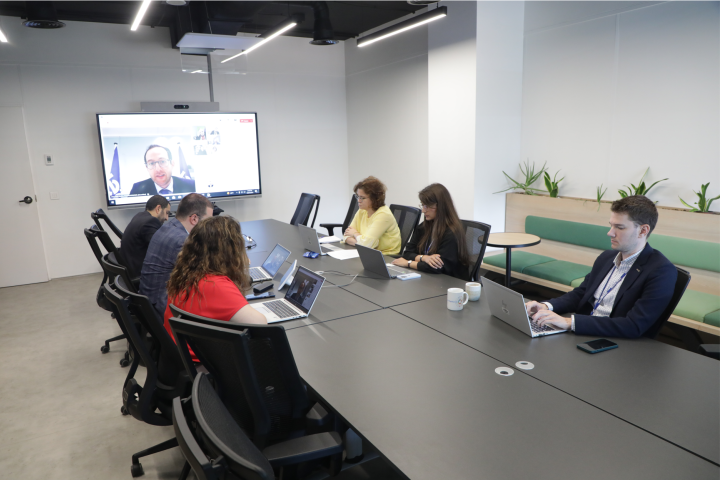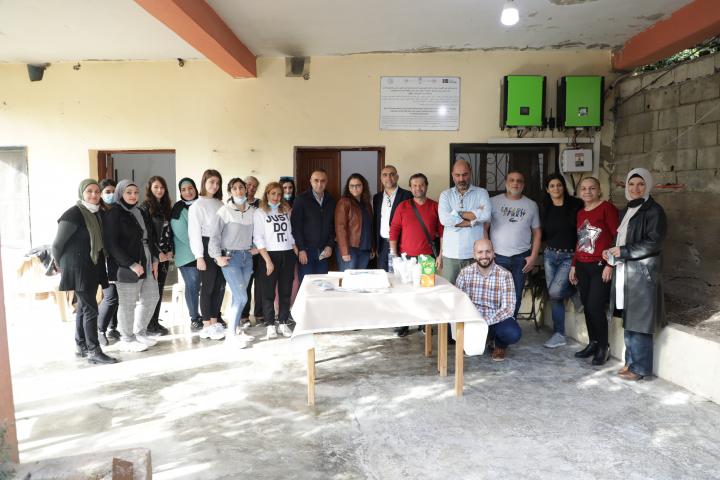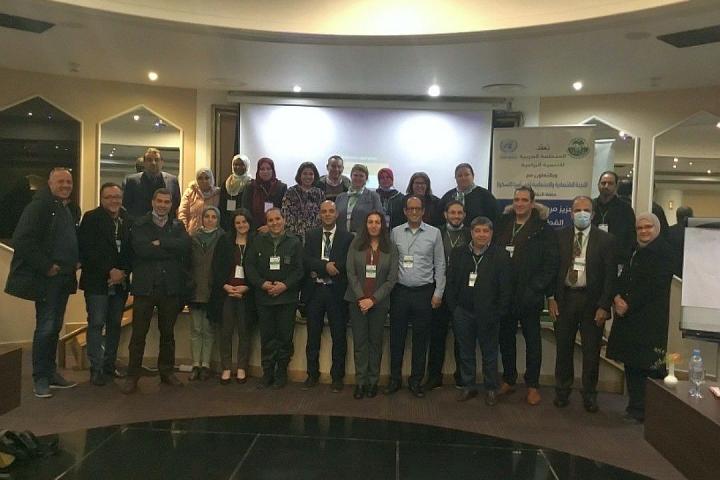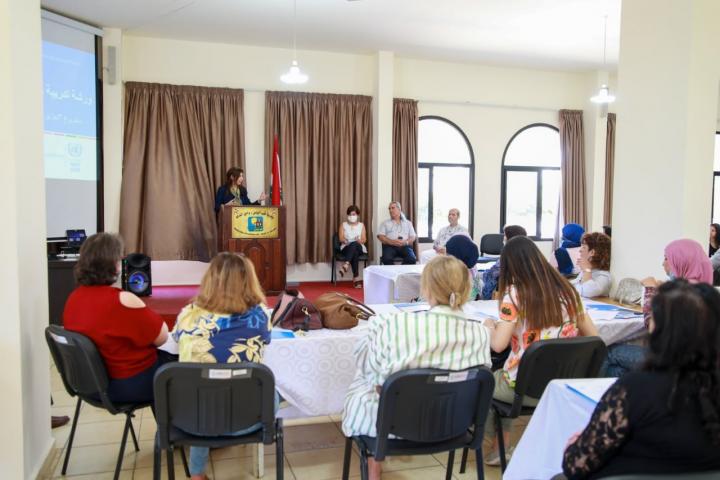The UN Economic and Social Commission for Western Asia (UN-ESCWA) is conducting two consultative workshops on the joint management of shared aquifer systems in the Euro-Mediterranean Partnership (MEDA) region from 14 to 17 January 2008, at the Shepherd Hotel in Cairo, Egypt. The meeting, which opens at 10:00 AM on Monday 14 January, will bring together experts and officials from the Center for environment and development for the Arab region and Europe (CEDARE), the Arab Center for the studies of Arid Zones and Dry lands (ACSAD), the UN Educational, Scientific and Cultural Organization (UNESCO), as well as concerned parties in a number of UN-ESCWA member states and the host country (Egypt). The meeting revolves around on two case studies of joint groundwater management in the Nubian Sandstone Aquifer System and the Nahr el Kabir al Junoubi basin. Participants will discuss practical steps towards implementation on joint management of shared aquifers, and the information needs for joint management of shared aquifers. The meeting is being held as part of an inter-regional project on shared groundwater, implemented by UN-ESCWA, in collaboration with the Economic Commission for Africa (ECA), the Economic Commission for Europe (ECE), UNESCO, and the UN Department of Economic and Social Affairs (DESA), to address the rising importance of shared groundwater. The project aims at strengthening institutional water management capacity in the Mediterranean region and promoting sustainable utilization, management and protection of shared groundwater resources. Such a meeting is needed at a time when shared groundwater is of increasing concern. Groundwater resources of the Mediterranean region are either the main sources of fresh water or are vitally needed to supplement surface water sources. However, they are under severe stress, particularly so for the south-eastern and south-western Mediterranean countries, because of excessive abstraction frequently coupled with deteriorating water quality. The amount of shared groundwater utilized in these countries is expected to rise due to increasing water scarcity, water quality deterioration, and the increased likelihood of drought and climactic variability due to global climate change. UN-ESCWA is one of the five UN Regional Commissions. It is comprised of 13 member countries: Bahrain, Egypt, Iraq, Jordan, Kuwait, Lebanon, Oman, Palestine, Qatar, Saudi Arabia, Syria, the United Arab Emirates, and Yemen. Its objective is to support economic and social cooperation among the countries of the region and promote the development process in order to achieve regional integration.
Commission
Secretariat
Our Clusters
Collaborate
Resources
Key Resources
Updates
Get in touch



